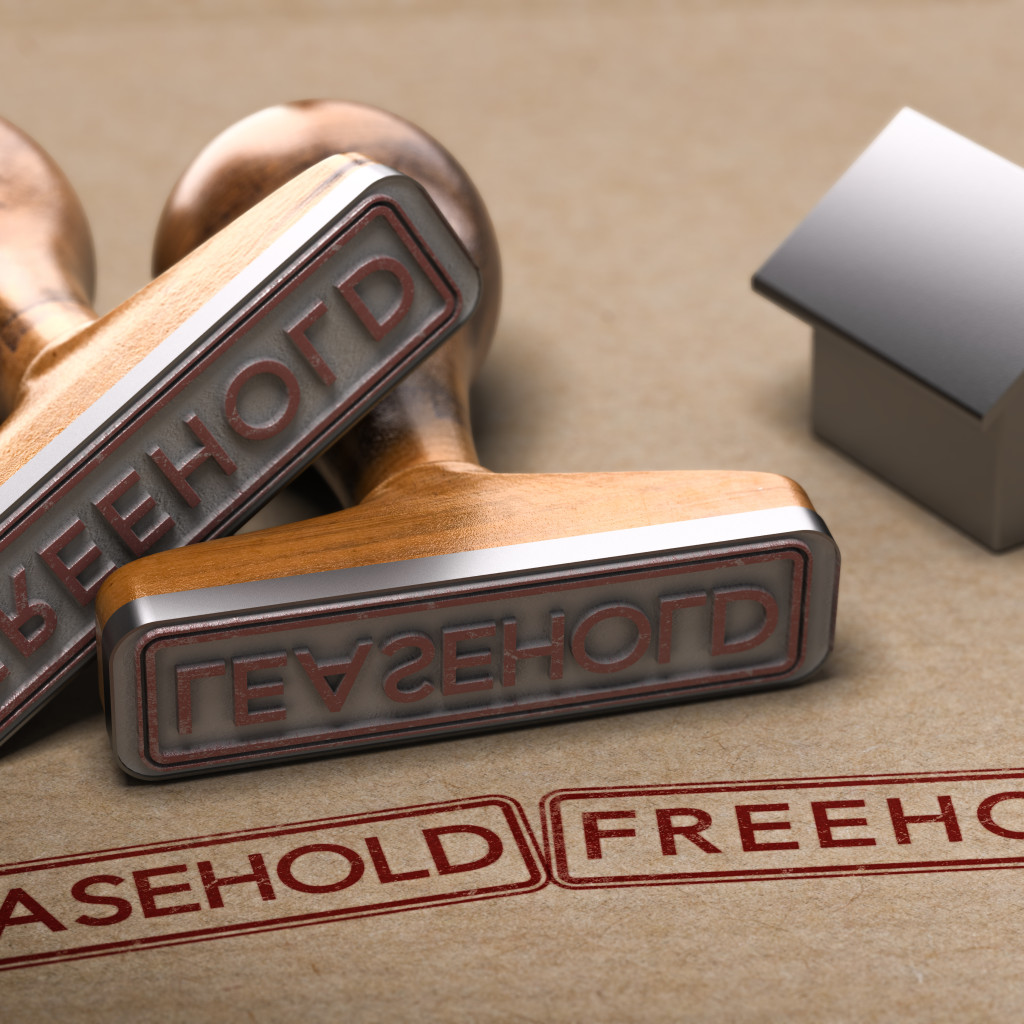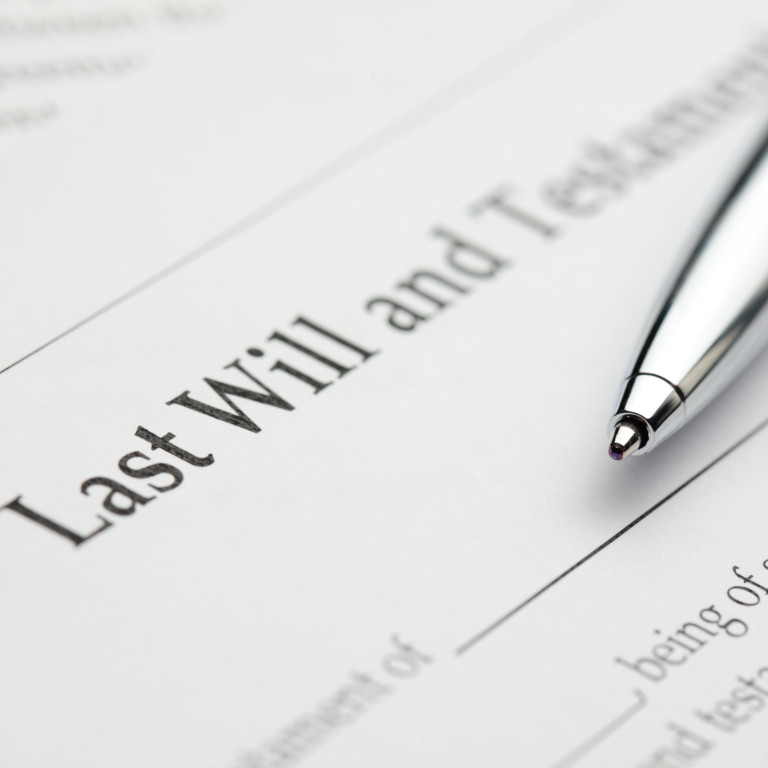A perfect storm is being created. Leasehold ownership is being given an increasingly bad name, with headline-hitting stories about rapidly increasing ground rents and high service charge figures making many prospective owners wary of investing in a leasehold property. But high-rise living shows no sign of diminishing, particularly in more urban areas, where development space is at a premium. Many looking to get a foot on the housing ladder or to relocate have no choice other than to hope their dream home does not turn into a nightmare. But the Government thinks it has the answer.
The current position
Currently, flats are almost universally sold on a leasehold basis. This means to own a property for a fixed amount of time (often 99 or 999 years), and leasing it from a landlord who owns the whole building or land it’s fixed on. A leaseholder does not actually own their property outright and, whilst they will be responsible for maintaining the interior of the Property, will pay ground rent, service charges and management fees to the landowner, who remains responsible for maintaining the building’s exterior and common areas.
The answer?
The Government believes that the answer to the problem can be found in the concept of ‘commonhold.’ In simple terms, commonhold owners would own their individual flats (or units) while collectively managing shared areas and the main structure of the building. The fixed term lease disappears and is replaced with a Commonhold Community Statement (CSC), which defines the rights, responsibilities and rules for all unit owners. Property owners will automatically become members of a Commonhold Association, the aim of which is to give owners more control and more freedom to make decisions about their property. All would then share responsibility for communal upkeep. The block within which the units all sit would not therefore be owned by an external landlord and ground rents would fall away.
It is important to flag that commonhold is not new; it was a means of property holding introduced in the Commonhold and Leasehold Reform Act 2002 but, more than 2 decades on, few have ever made use of the commonhold toolkit. Further, commonhold has been operational in a number of countries for many years. It is not as revolutionary as first impressions would suggest.
Further, it is the case that many leasehold owners may already live blocks where very long 999-year leases may have been granted and where the freehold is held in the name of a management company, of which they are all members. Those occupants may be wondering what benefit commonhold would bring.
The Government seem keen to push this model, with the proposal being to ban the development of new leasehold flats and to encourage the conversion of existing blocks to the new commonhold model. The Minister leading this charge indicates a Leasehold and Commonhold Reform Bill will follow later in the year.
How can Tozers help?
At Tozers, we understand the complexities and challenges that come with leasehold and freehold property ownership. Our experienced team of experts are here to guide you through these new regulations and help you make the most of the opportunities they present.





